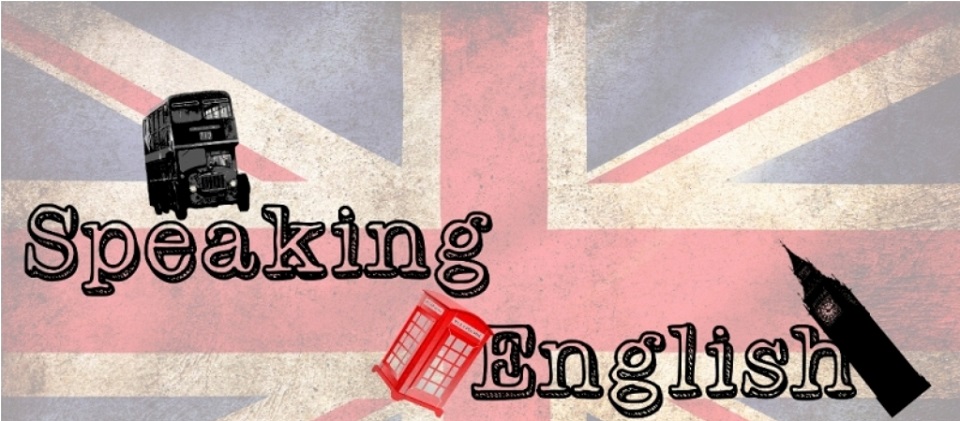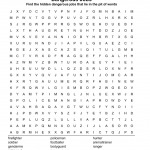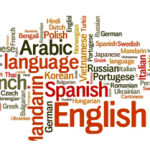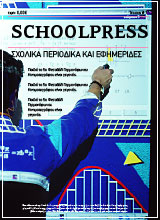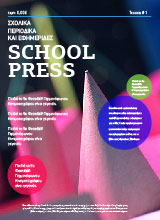
Throughout Europe, 800 million Europeans are represented in the Council of Europe’s 47 member states and all are encouraged to discover more languages at any age, as part of or alongside their studies. This stems from the Council of Europe’s conviction that linguistic diversity is a tool for achieving greater intercultural understanding and a key element in the rich cultural heritage of our continent. Therefore, the Council of Europe, in Strasbourg, promotes plurilingualism in the whole of Europe. At the Council of Europe’s initiative, the European Day of Languages has been celebrated every year since 2001 on 26 September – together with the European Commission. [Source: https://edl.ecml.at/Home/tabid/1455/language/en-GB/Default.aspx].
To celabrate European Languages Day, apart from visiting the relevant portal, doing various quizzes and activities and participating in the «logo for T-shirt» contest, this year we participated in an unusual and quite interesting language CHALLENGE!
We invented new words (neologisms/coinages) in English and we have been trying to «advertise/promote» them among our friends and through Social Media, aiming at making them popular and hoping that one day they might be included in the Dictionary!!!
Read our words in alphabetical order in the following link: https://blogs.sch.gr/marisach/archives/315
